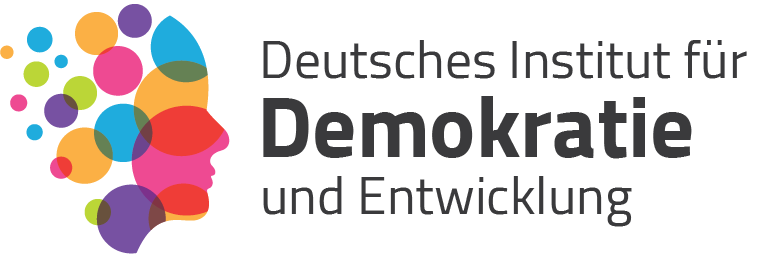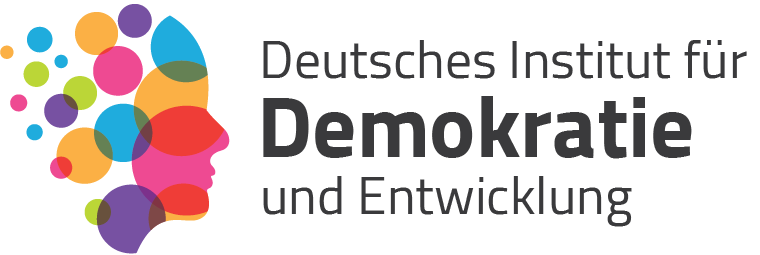On the anniversary of the verdicts in the UAE94 mass trial of prominent human rights defenders, lawyers, judges, academics, and students, we the urge UAE allies to press Emirati authorities to immediately and unconditionally release all those convicted following a trial that failed to meet the most basic international standards for a fair trial and due process. Many of those condemned to 10 years in jail are set to be released this year, but are being kept indefinitely.
Members of the UAE94 are among numerous political prisoners imprisoned only for peacefully exercising their rights to free expression and association. The UAE has failed to conduct an independent, impartial, and thorough investigation into allegations that members of the UAE94 were tortured and ill-treated prior to and after their trial, as well as to bring those responsible for these violations to trial and provide redress and compensation to their victims.
One of the major reasons they were targeted was their signatures on the reform petition, which included 133 men and women from the UAE’s intellectual, legal, human rights, and political spectrum. The signatories demanded “the election of all members of the Federal National Council by all citizens, as applied in democratic countries around the world;” and “amendments to the constitutional articles related to the Federal National Council to ensure it has full legislative and oversight powers” in the petition, which was submitted on March 3, 2011 to the President of the State and members of the Supreme Council, who rule the seven Emirates.
Among those who have signed this historic petition are prominent human rights defender and blogger Ahmed Mansoor, who is currently serving a 10-year prison sentence for his human rights activism after being sentenced in March 2015, and woman human rights defender Alaa Mohammed Al-Siddiq, who died in exile in the UK after an unfortunate accident in June 2021.
The Emirati authorities’ response to this reform petition was harsh, indicating their rejection of various points of view and their disregard for residents’ civil and human rights. Many of its signatories were subjected to various forms of retaliation, including arbitrary arrest and incarceration, and unjust jail terms following sham trials on spurious accusations, in addition to having their citizenship revoked, their property and assets taken, and their employment terminated. Their relatives were subjected to similar reprisal.
The UAE Cabinet adopted a ministerial decision on September 13, 2021, adding 38 persons and 13 businesses to the government’s terror list. Three human rights activists and a researcher are among those condemned in absentia as members of the UAE94 gang. They are Hamad Mohammed Al-Shamsi, Executive Director of the Emirates Detainees Advocacy Center (EDAC), and human rights lawyer and former judge Mohammed Saqr Al-Zaabi, former president of the UAE’s Jurists Association who was sentenced to 15 years in prison in absentia; and academics and activists Ahmed Mohammed Al-Shaiba Al-Nuaimi and Saeed Nasser Al-Tenaiji.
On January 25, 2022, the UN Special Rapporteur on Human Rights Defenders and other UN experts wrote to the UAE to voice their worry over the inclusion of Al-Shamsi, Al-Zaabi, Al-Nuaimi, and Al-Tenaiji on the aforementioned terrorist list. At the time of publishing, the UAE government had not responded.
The UAE authorities continue to use laws that have previously been used to prosecute human rights defenders, such as Federal Law No. 2 of 2008, the Cybercrime Law, and the 2014 Law on Combating Terrorism Offences, which includes a vague and broad definition of terrorism and allows people to be detained indefinitely without charge or court sentencing, and to be held past the end of their sentences.
Many political prisoners are retained after their sentences have been finished on the grounds that they are a threat to state security and require rehabilitation. Prisoners due for release are relocated from Al-Razeen Prison to the Munasaha (Counselling) Centre, which, despite its name, is essentially another structure within the same prison that is segregated from the other wings. Despite having served their sentences, 17 prisoners of conscience are now languishing in the Munasaha (Counselling) Centre facilities of the jails. 14 of them are from the UAE94.
Prisoners of conscience set for release in the future months (until September 2022) have already been notified that they would not be released and will instead be subjected to the so-called “counselling program.”
The European Parliament passed a broad resolution in September 2021 calling for the immediate and unconditional release of Ahmed Mansoor, Dr. Mohammed Al-Roken, and Dr. Nasser bin Ghaith, as well as all other human rights advocates, political activists, and peaceful dissidents.” It calls on the government to reform the Anti-Terrorism Law, the Cybercrime Law, and Federal Law No. 2 of 2008, all of which have been used to punish human rights activists in the past.
The Resolution “strongly condemns the disparity between the UAE’s claims to be a liberal and rights-respecting society and the fact that its own human rights activists are imprisoned in inhumane conditions.”
We urge the leaders of the UAE’s allies, including the US, the UK, Canada, and EU member states, to press the UAE authorities to fulfill their human rights obligations and demonstrate true tolerance, with the first step being the release of all imprisoned human rights defenders and other prisoners of conscience. We further urge the UAE to abolish so-called “counselling wings” or centers in prison and release all detainees who are being kept in flagrant violation of their civil and human rights and without legal justification.


